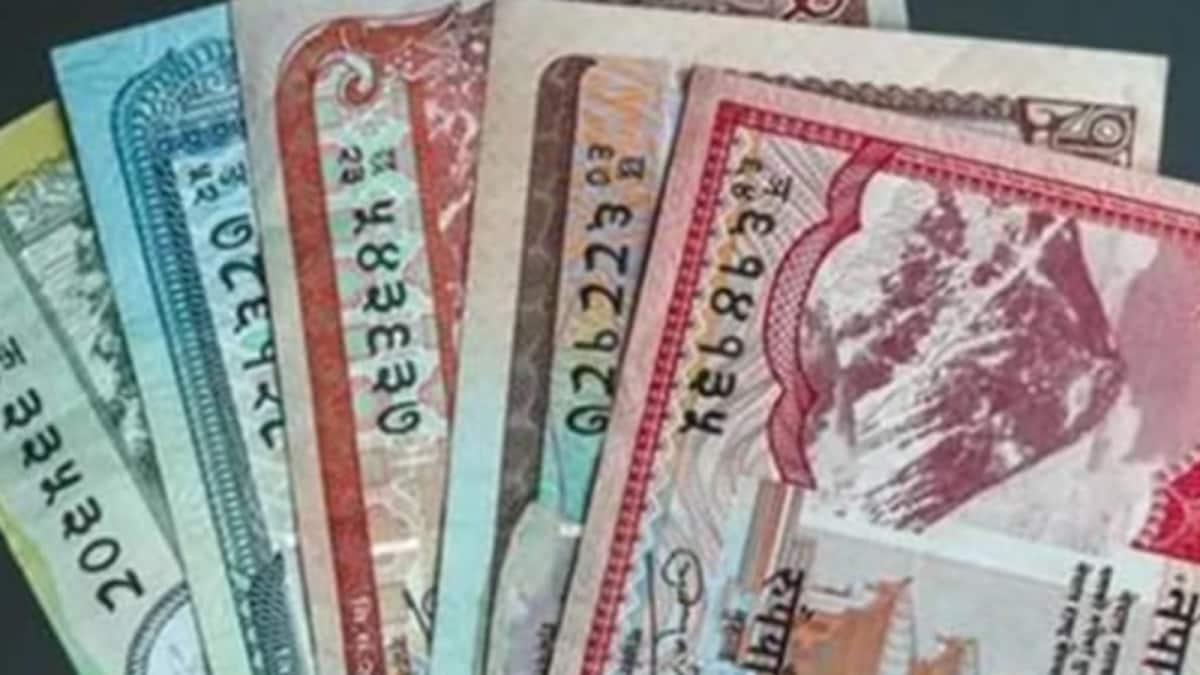ARTICLE AD BOX

Despite being two of Asia’s largest powers and most interdependent economies, China and Japan remain locked in a long, uneasy relationship shaped by rivalry, history and strategic mistrust.
Every so often, a new flashpoint pushes old suspicions to the surface, reminding both sides how fragile their ties can be. The latest tensions are part of this familiar pattern, exposing how quickly diplomatic friction can spill into public sentiment, markets and regional stability. At its core, the current strain reflects deeper anxieties: shifting military balances, unresolved historical wounds, and the ever-sensitive question of Taiwan.
These pressures sit beneath the surface of the relationship, resurfacing whenever political rhetoric hardens or security concerns intensify. As both countries navigate a changing regional order, each episode of friction offers a preview of how volatile their coexistence can be — and how much is at stake when Asia’s two giants find themselves at odds.
What’s the current situation?
Tensions between China and Japan have escalated sharply following Prime Minister Sanae Takaichi’s recent comments suggesting Japan could intervene militarily if China attempted to seize Taiwan.
Beijing reacted strongly, summoning Japan’s ambassador and demanding a retraction, while a senior Chinese diplomat posted -- and later deleted -- a threatening remark aimed at Takaichi. In response, Tokyo summoned the Chinese ambassador to protest.The diplomatic row is now affecting citizens and businesses. China has advised its nationals to avoid travelling to Japan, triggering a drop in Japanese tourism and retail stocks and leading to the cancellation of around 500,000 airline tickets from China to Japan.
Japan has issued its own advisory, warning citizens in China to avoid crowded areas and remain vigilant.Cultural exchanges have also been hit, with the release of two Japanese films postponed in China amid state media criticism. Japanese officials have dispatched a senior foreign ministry representative to Beijing in an effort to defuse the situation, but the dispute continues to weigh on markets, tourism and bilateral ties.
A rivalry etched in the past
The strain between the two neighbors is not new; it is layered over centuries of influence, conflict, and memory.Japan once drew heavily from Chinese language, philosophy, and cultural traditions. But by the late 19th century, the dynamic inverted. Competition for regional dominance grew fierce, culminating in a series of wars and Japan’s brutal occupation of parts of China. The scars of Nanjing and other wartime atrocities remain vivid in Chinese public consciousness, and are regularly invoked by Beijing.These unresolved traumas sit like sediment beneath every diplomatic exchange.
The islands that won’t let the past rest
At the center of today’s tensions sits a small, uninhabited cluster of islands in the East China Sea -- Senkaku to Japan, Diaoyu to China.Tiny though they are, the rocks have become symbols of sovereignty and national pride. Since 2012, China has sent coast guard and government vessels into the area almost daily, a pattern Tokyo sees as a deliberate attempt to shift the status quo.Nearby, competing claims over a gas field add another layer of friction.These disputes unfold against a backdrop of rising military power. China’s defense spending has doubled under President Xi Jinping. Japan, once firmly pacifist, is now undertaking its biggest military expansion in decades, aiming to raise defense spending to 2% of GDP.Beijing accuses Tokyo of sliding back into militarism; Tokyo counters that it has no choice.
Taiwan: The island that could pull two giants into conflict
Taiwan sits less than 100 kilometers from Japan’s westernmost islands -- a short leap across the sea.China considers Taiwan a breakaway territory and has vowed to reunify with it, by force if necessary. Japan does not have formal ties with Taipei, but it has grown increasingly vocal about the need for peace in the Taiwan Strait.This is where the relationship becomes most fragile. Any conflict over Taiwan would unfold uncomfortably close to Japanese shores. In 2022, during large-scale drills, Chinese missiles landed inside Japan’s exclusive economic zone -- a moment that crystallized Tokyo’s worst fears.

 1 hour ago
2
1 hour ago
2









 English (US) ·
English (US) ·